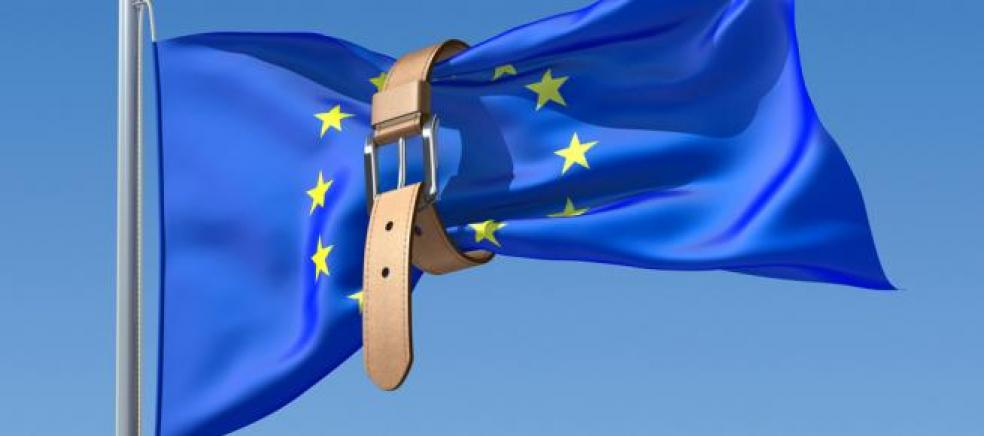
Cameron set to claim victory at EU budget talks
Europe's leaders are poised this morning to cut the European Union's budget for the first time in its 56-year history following a major victory for David Cameron.
A broad framework was reported to have been agreed, but hard bargaining is still expected at the Brussels summit. The discussion have been all the more precarious because any one of the 27 member states can veto a budget deal.
Cameron, who had demanded a freeze in real terms in the near-€1tn budget, was planning to claim victory after the European council president proposed a €34.4bn cut over the next seven years.
One EU official told Reuters news agency on Friday: "We feel pretty confident that we have the framework for a deal. The deal is not completely finalised, but we feel sure it will be done today."
The all-night talks appear to have cut an initial proposal of 913bn euros down to the figure of $908bn. The latest proposal would also fix the ceiling for absolute spending at 960bn euros (£818bn), a cut of more than 12bn euros from the proposal in November.
Failure to come to an agreement on the seven-year budget would mean the EU rolling over annual budgets - which would prove more expensive and would complicate long-term projects.
EU sources say the new proposal will cut transport, energy and telecommunications projects, as well as pay and perks for EU staff. If agreed, the cuts will make this the first multi-annual EU budget to see a net reduction.
The summit pits Mr Cameron and some northern European allies - who want EU spending reined in tightly - against mostly eastern and southern European countries who wish to protect the big budget areas of agriculture and cohesion funding for the poorest regions.
France's President Francois Hollande, a socialist, champions European "solidarity" and opposes the deeper cuts urged by Mr Cameron. Mr Hollande signalled some readiness to compromise, but has stated that a budget that "disregards agriculture and ignores growth" would not be acceptable. France is the biggest beneficiary from the EU's Common Agricultural Policy, which accounts for about one-third of the entire budget.
German Chancellor Angela Merkel had already acknowledged that the talks would be "very difficult".
The EU split reflects the gap between richer European countries and those that rely most on EU funding. The argument for higher spending is supported by many countries that are net beneficiaries, including Poland, Hungary and Spain. Others, mostly the big net contributors, argue it is unacceptable at a time of austerity. Germany, the UK, France and Italy are the biggest net contributors.










